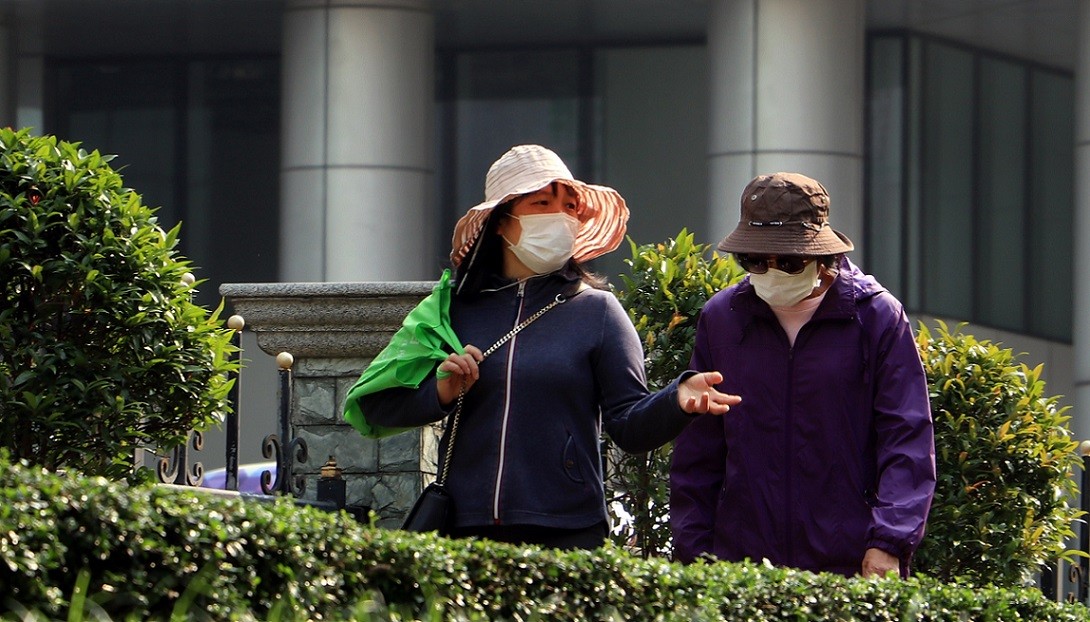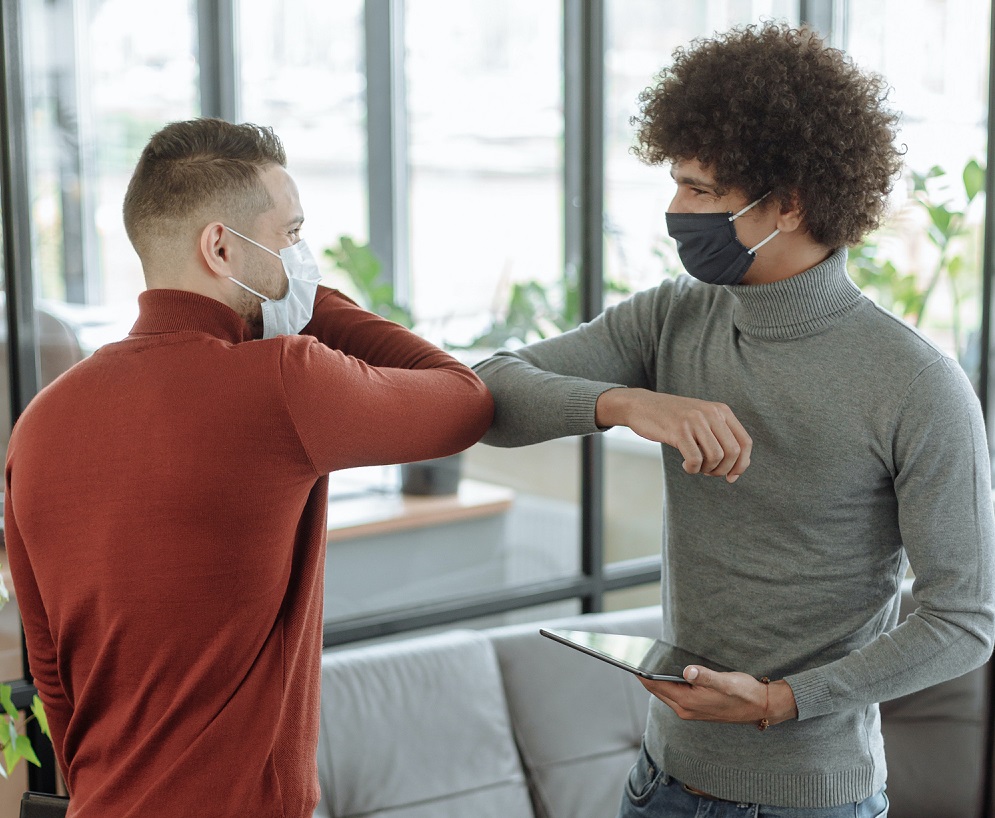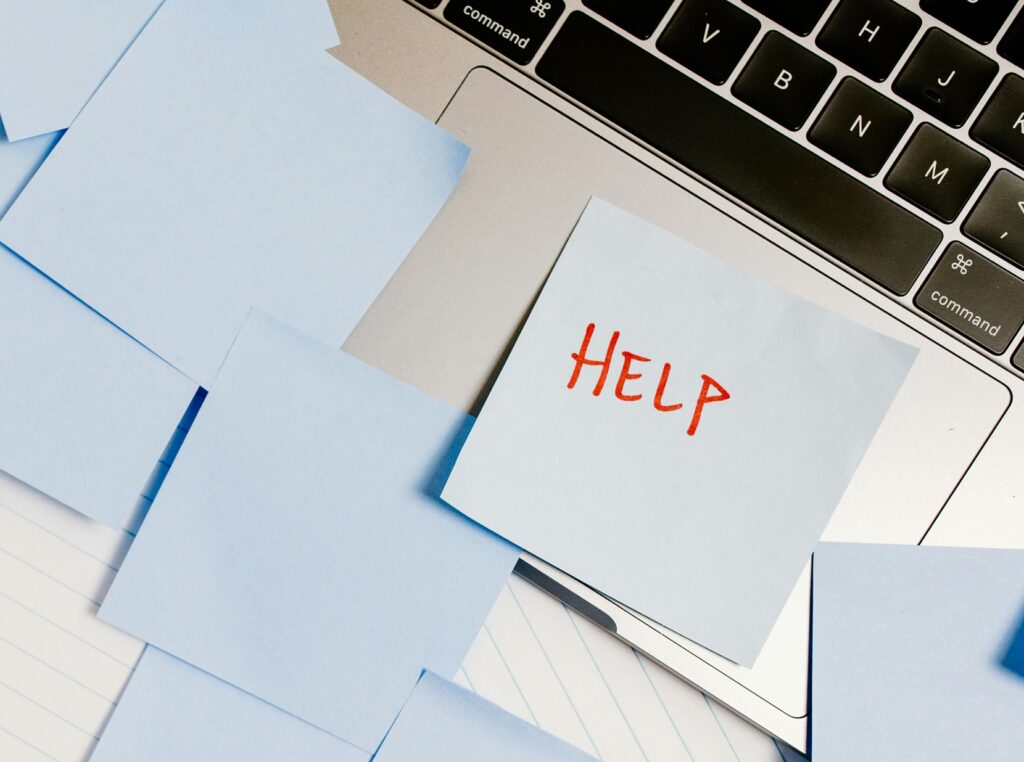Tagged Under:
Zoomed Out? Solutions to Overcome Video-Conferencing Overload
Are you suffering from too many online meetings? Try these solutions.
Once only used by remote work teams, video-conferencing services like Zoom, Skype, Google Meet and Microsoft Teams became lifelines for people in all walks of life during the pandemic.
Zoom, in particular, has been the go-to service during the lockdown. Grandmas and grandpas are on Zoom. Neighborhood board meetings are on Zoom. Cocktails and bar mitzvahs are done via Zoom. Bridal and baby showers are hosted on Zoom.
Schools have used video conferencing for everything from day-to-day teaching, to virtual school tours, to full-on musical productions.
But let’s face it, there’s only so much video conferencing you can take. You might start to resent signing in for video calls, dealing with problems focusing or suffering from dry eyes, headaches and other issues.
 Why Are Video Calls so Exhausting?
Why Are Video Calls so Exhausting?
There are several unnatural aspects to video calls, behavioral researchers say.
One important aspect is eye-contact overload. In a regular social situation, such as teaching in the classroom, “People normally keep eye contact 50% of the time when talking and 70% of the time when listening,” reports the SocialProNow blog. “It’s common to break eye contact every four to five seconds.”
As an educator, you may have been taught to make sure you move your eyes around the classroom, ensuring you make contact with each student at some point. We’ve also been taught that too much eye contact comes off as aggressive and intense — hello, creepy! — while too little eye contact can be interpreted as submissive or avoidant.
With video calls, however, we are forced to endure far more eye contact than we would in face-to-face interactions, which causes “nonverbal overload,” according to researcher Jeremy Bailenson. He wrote in the Wall Street Journal that “behavior ordinarily reserved for close relationships — such as long stretches of direct eye gaze and faces seen close up — has suddenly become the way we interact with casual acquaintances, coworkers and even strangers.”
 Simply looking at our own faces on the screen can be distracting and even anxiety-provoking. We start to notice our facial expressions, a new laugh line, our eye bags — everything and anything starts to feel a little awkward when stared at for too long.
Simply looking at our own faces on the screen can be distracting and even anxiety-provoking. We start to notice our facial expressions, a new laugh line, our eye bags — everything and anything starts to feel a little awkward when stared at for too long.
That may be why online searches for skincare, hair and makeup rose dramatically starting in March 2020. And the BBC found that cosmetic doctors and plastic surgeons around the world have reported a huge increase in bookings for both surgical and nonsurgical treatments, something they are calling a “Zoom Boom.”
No need to make any drastic changes! There are a few easy ways to look and feel your best on a video call. One, keep the camera eye-level or higher to avoid double chins. Two, ensure lighting comes from the front, rather than the back. Opt for tops in solid colors, and if you want, throw on a little tinted moisturizer to even out skin tones. Voila!
Relocalize Your Relationships
Ian Marcus Corbin wrote about the need to practice our face-to-face social skills in a piece for the Washington Post. He notes, “To be sure, Zoom, smartphones and social media have allowed many to remain healthy, sane, employed and somewhat connected during the COVID-19 pandemic. But these nine months of tech dependency have also accelerated a less-welcome process long underway: the atrophy of our friend-making muscles. That has deeper implications than you might think.”
 We have, Corbin posits, become a bit disembodied, lacking in relationships with people in our near proximity, such as our neighbors, fellow parents at our kid’s troop meeting or that dude who comes in every week to the same spinning class. Random, local relationships are a bit awkward — and that is the point. We are forced to mingle, and while it’s sometimes uncomfortable, that sense of friction is good, says Corbin. This is how we learn to trust the people surrounding us, and that sense of trust is necessary for a well-adjusted society.
We have, Corbin posits, become a bit disembodied, lacking in relationships with people in our near proximity, such as our neighbors, fellow parents at our kid’s troop meeting or that dude who comes in every week to the same spinning class. Random, local relationships are a bit awkward — and that is the point. We are forced to mingle, and while it’s sometimes uncomfortable, that sense of friction is good, says Corbin. This is how we learn to trust the people surrounding us, and that sense of trust is necessary for a well-adjusted society.
Think about safe ways you can reconnect your local relationships. Perhaps you could text a colleague you’ve been meaning to catch up with and schedule a walk together, or even chat on the phone just to say hello to mix up the form of communication a bit.
Time Trade with Your Partner
Depending on who you are sharing your space with, there may be additional stress during a video call simply from trying to appear professional. We all remember that poor guy on the BBC whose news interview was crashed by his children and wife.
It’s one thing to teach, and another thing entirely to teach while hoping your child doesn’t crash through the room, wearing only one sock. Headphones can only block out so much chaos, and for working parents, the juggle is real.
If you have a partner and can “time trade” so that he or she is on kid or pet duty during your most important video calls, you’ll feel much less stressed. It’s not always possible, of course, but having one person designated to let out the dog/feed the toddler/answer the doorbell during vital moments can do wonders to improve focus for the Zooming partner.
Creative Warm-Ups
Before jumping onto your next scheduled video call, take a few minutes to warm up. Prep your tea or coffee, do a few stretches, listen to your favorite inspiring music. Educators are particularly prone to vocal-cord stress, so try these warm-up exercises for teachers.
Also be sure to follow the 20-20-20 rule, where you look up every 20 minutes, and for 20 seconds, focus on an object in the distance (about 20 feet away) rather than on your computer monitor. It helps to avoid eye strain.
Nurture Yourself with Meet-Ups
If you’re a music educator who has to spend the bulk of your week on video-chats, see if you can balance that with off-line activities during your free time.
Instead of meeting up for yet another online cocktail with friends, suggest a no- or low-contact, in-person option. How about a hike? Bocce in the park? Backyard bonfire? The Mayo Clinic has a list of activities that can be safely enjoyed, and points out that outdoor activities “offer an emotional boost and can help you feel less tense, stressed, angry or depressed. And sunlight can give your body vitamin D, too.”
It’s also okay to simply decline a social Zoom if you’re suffering from screen overload.
While we’ll soon be back to more in-person meetings and teaching schedules, video conferencing is likely to here to stay in some form, so learning how to adapt to it without straining our eyes — or brains — is definitely worth it.
















